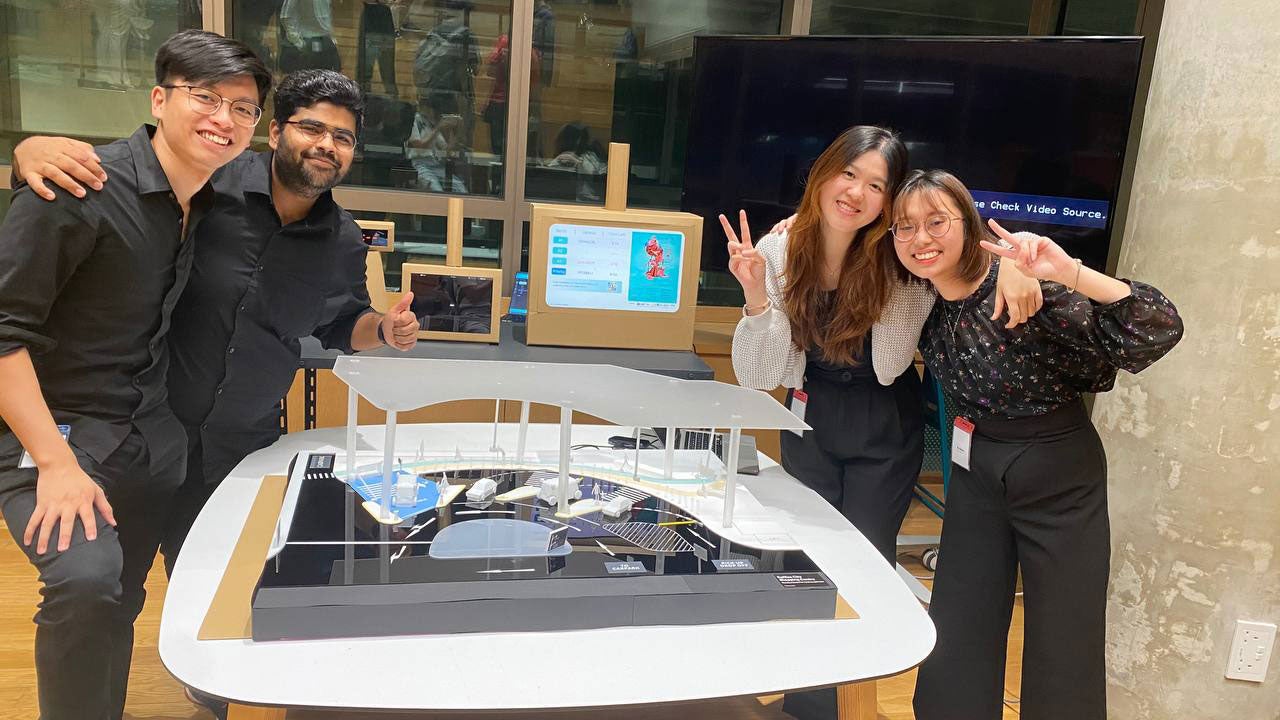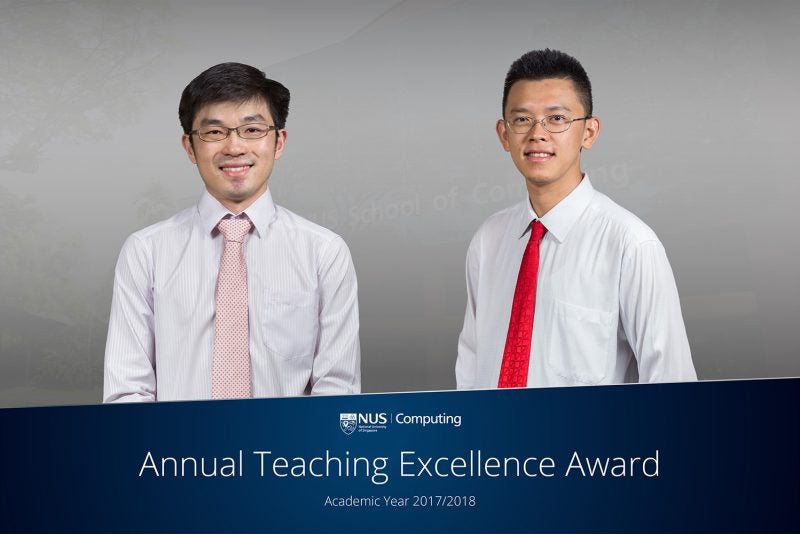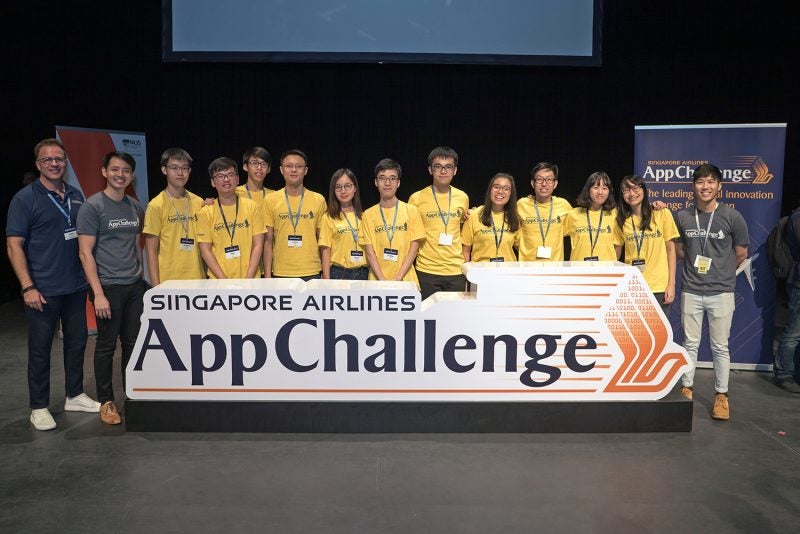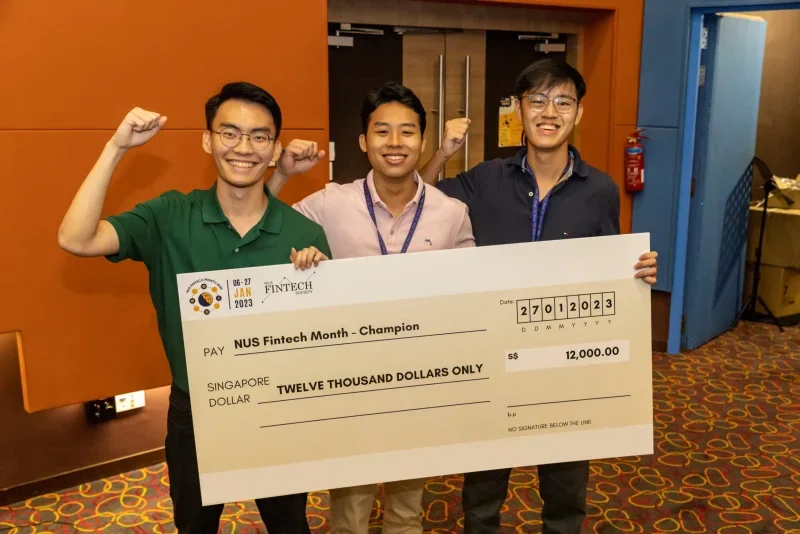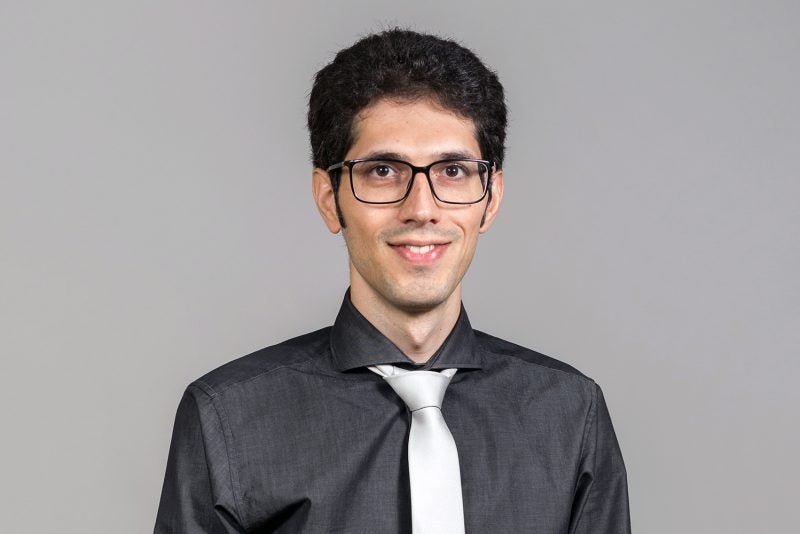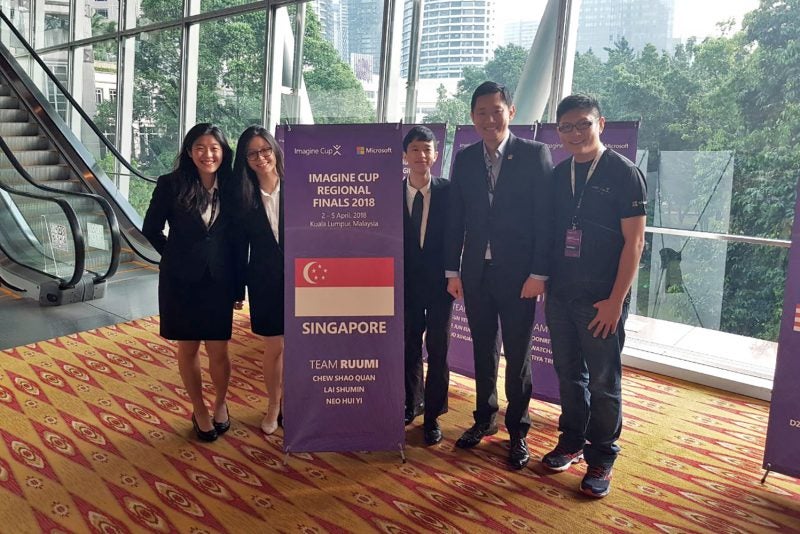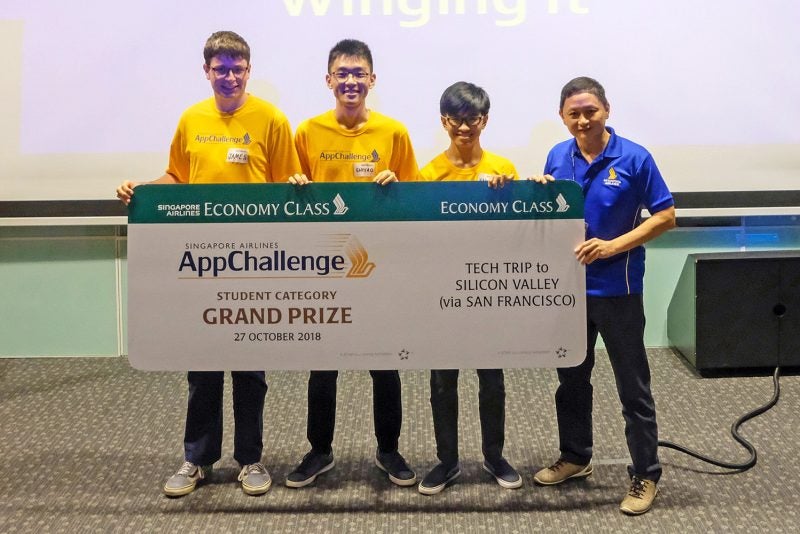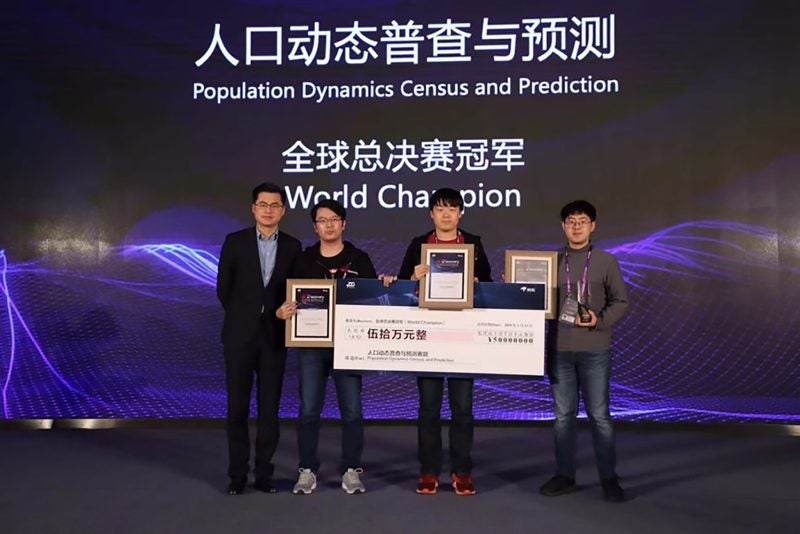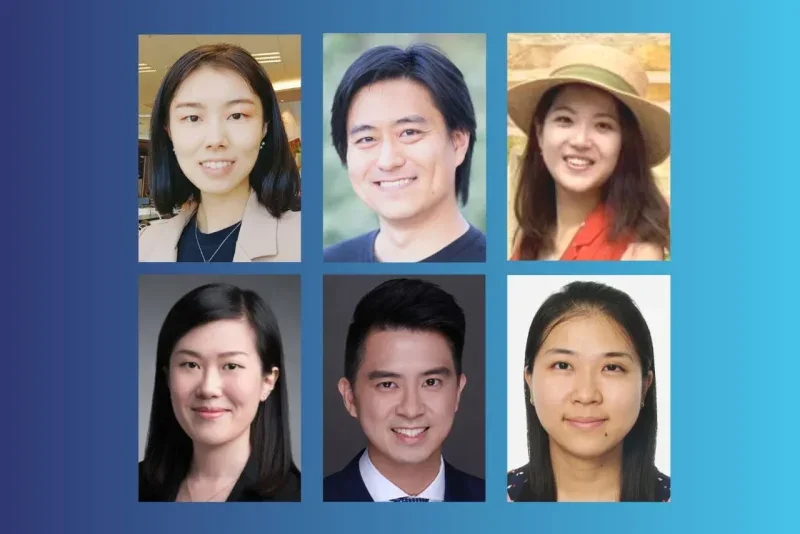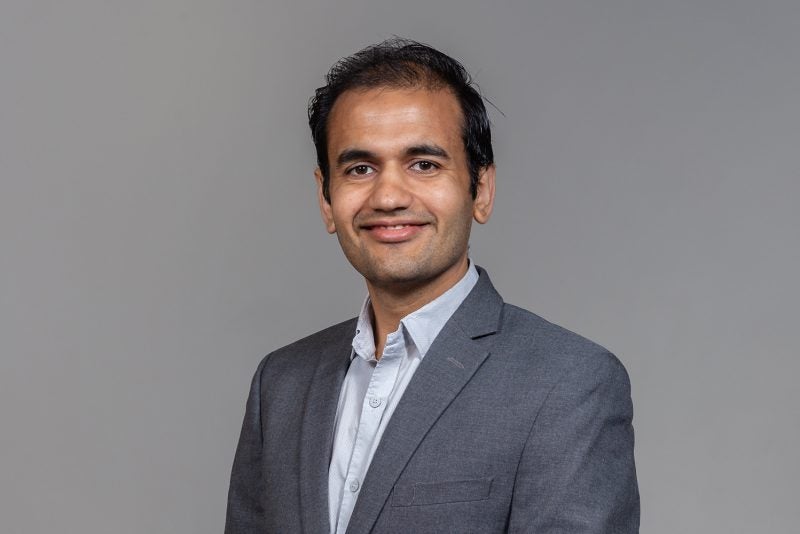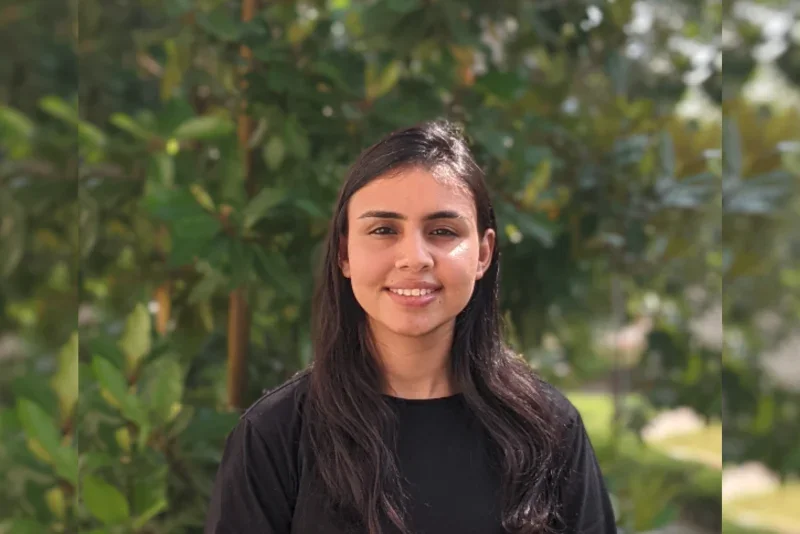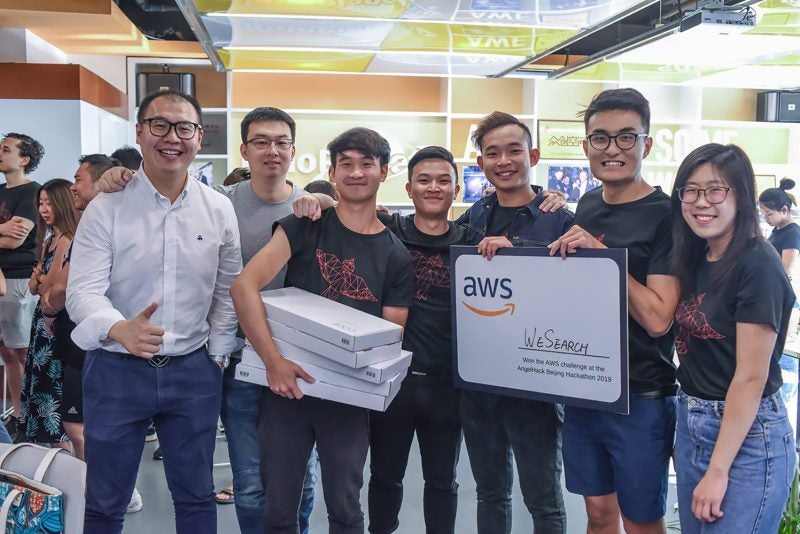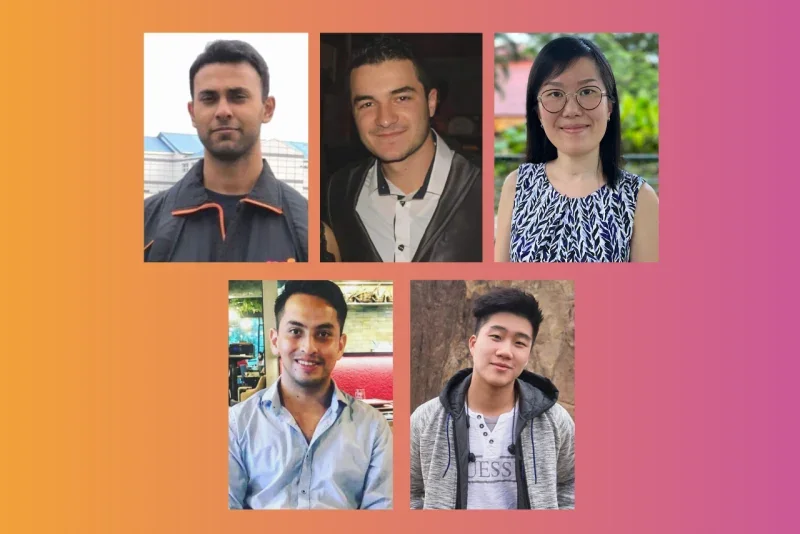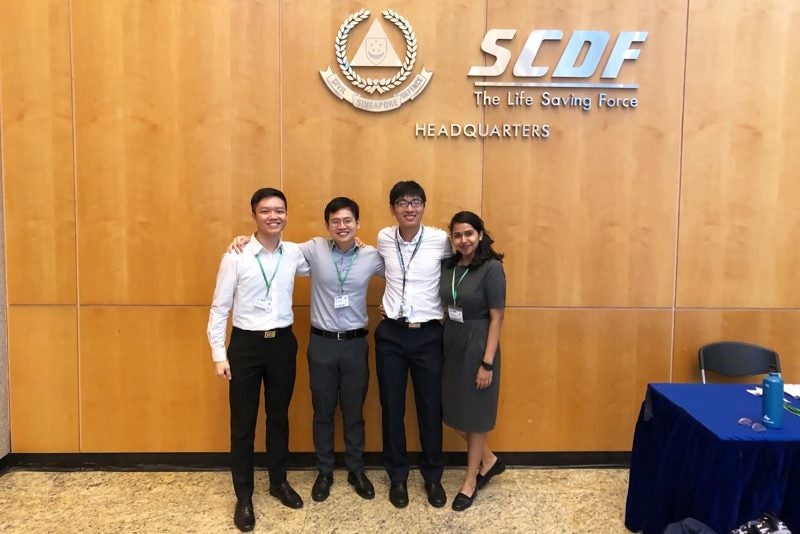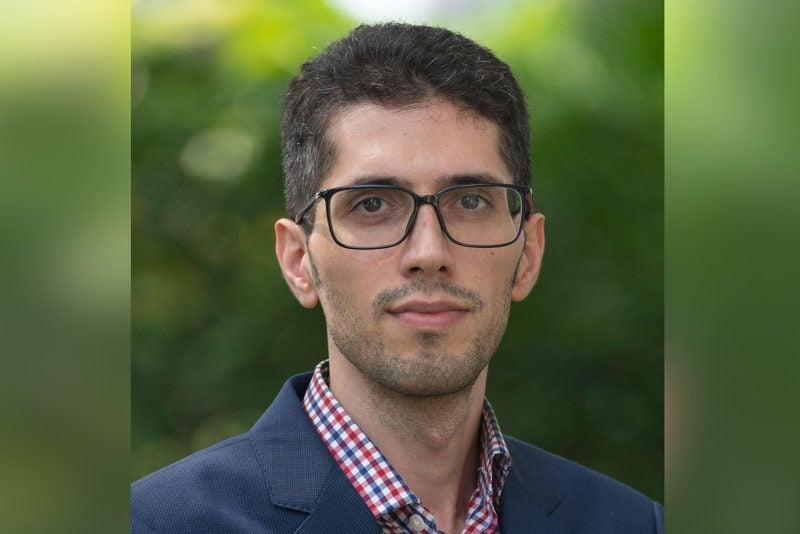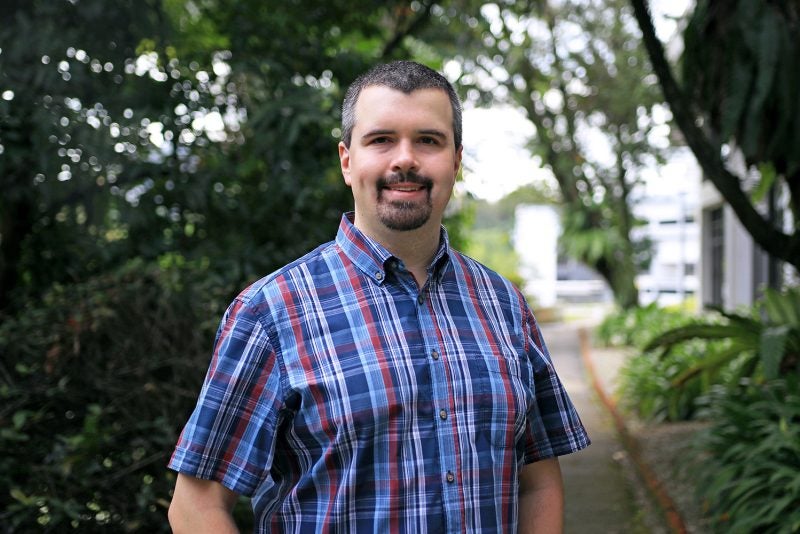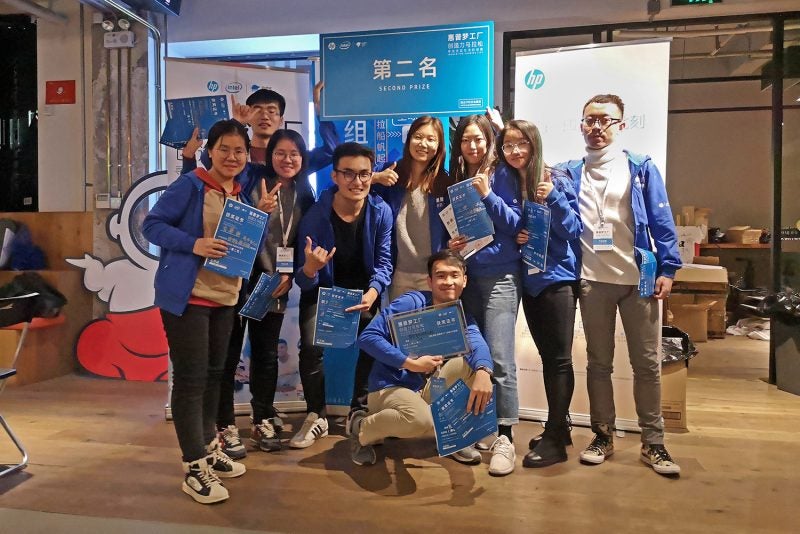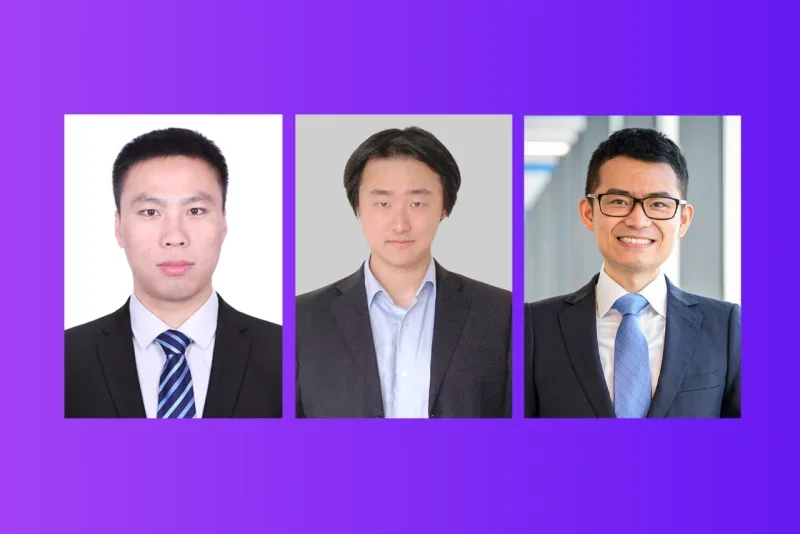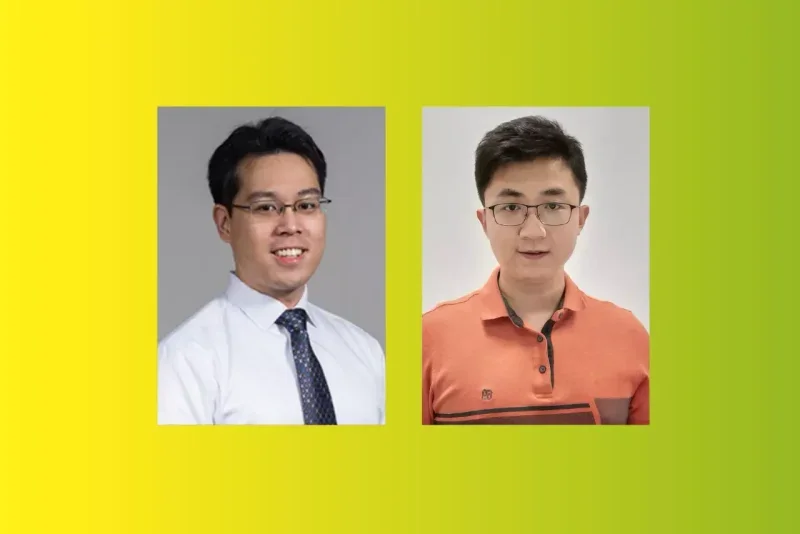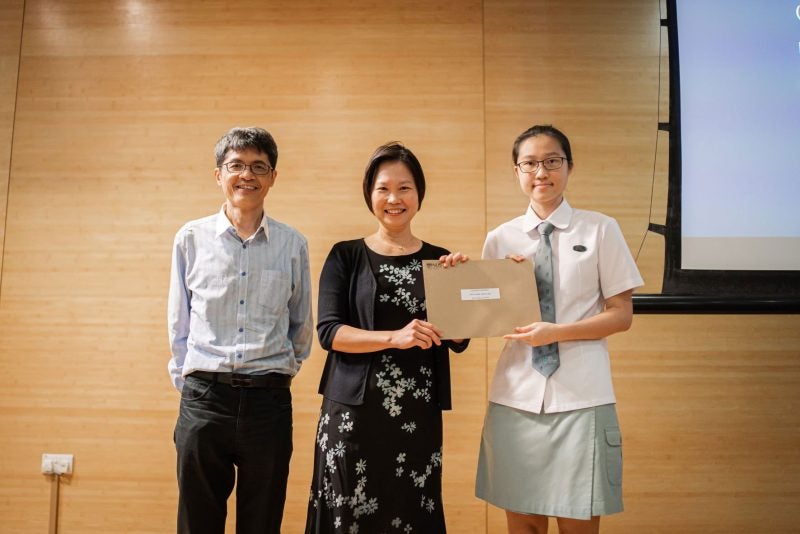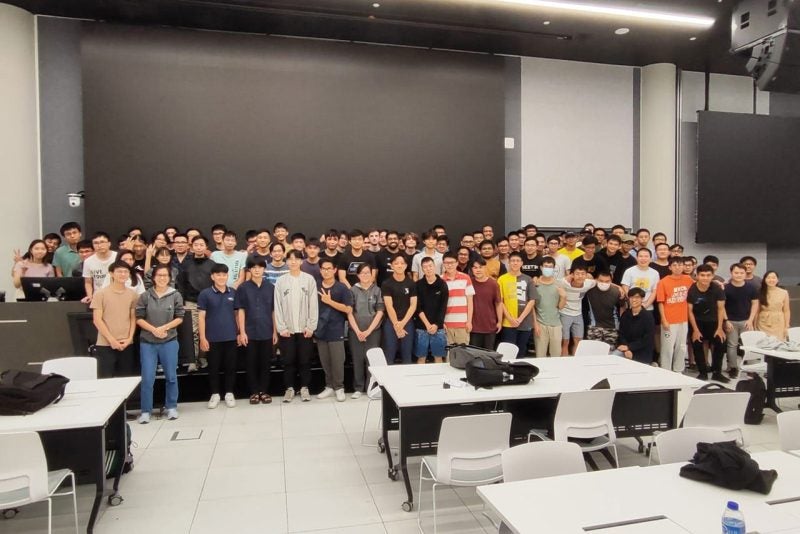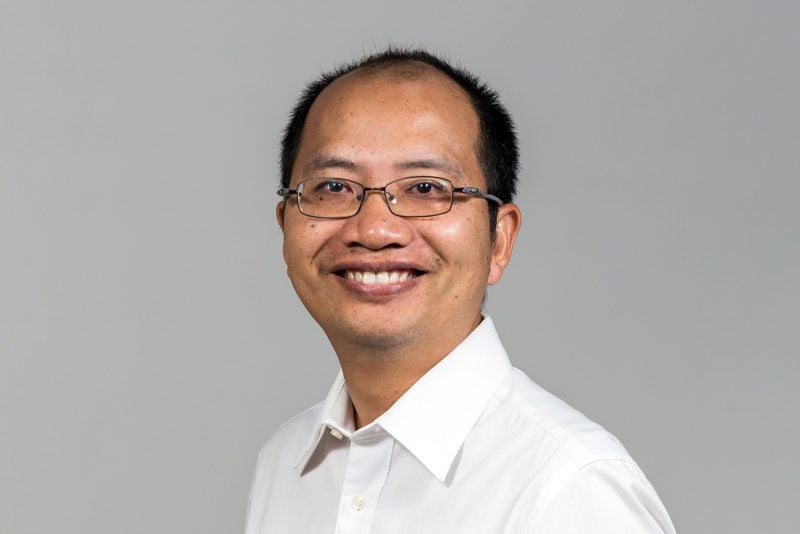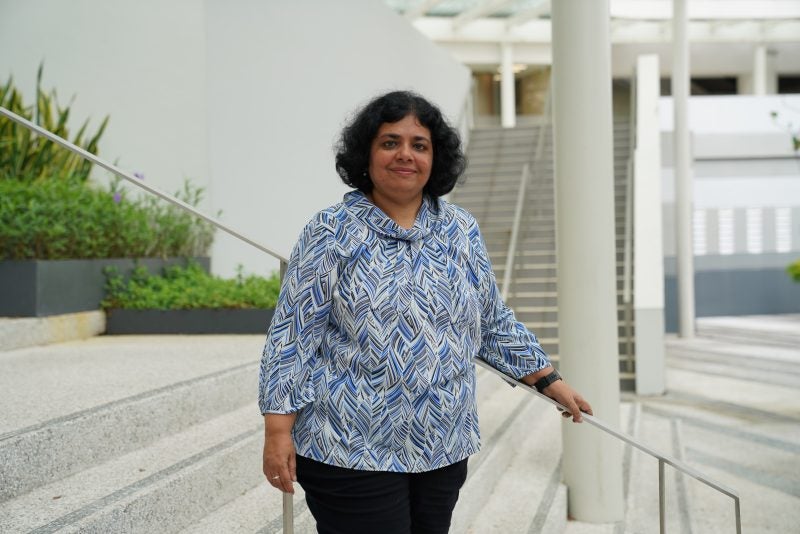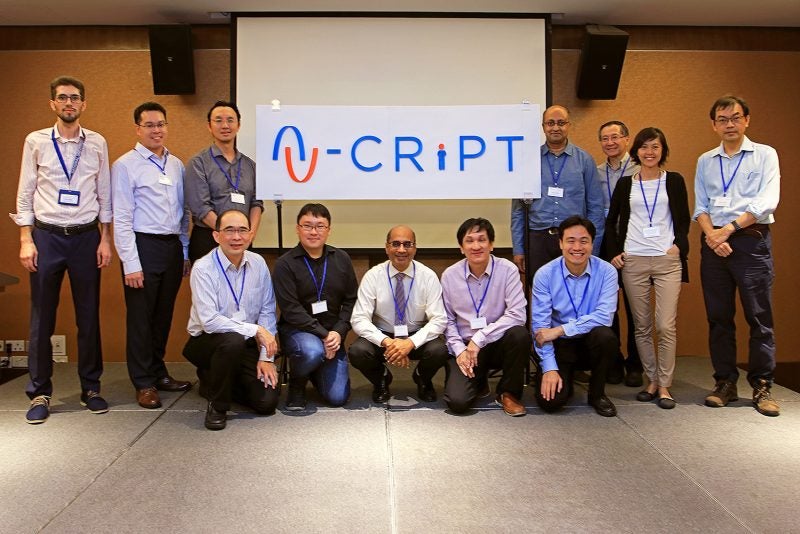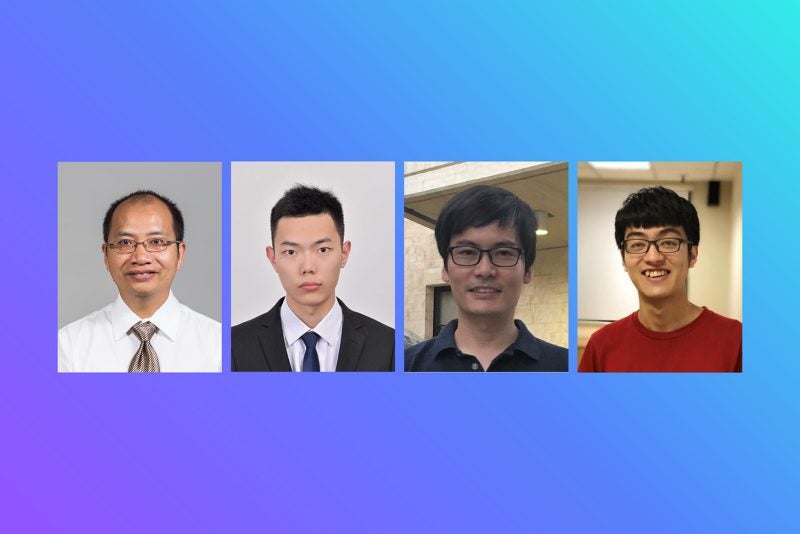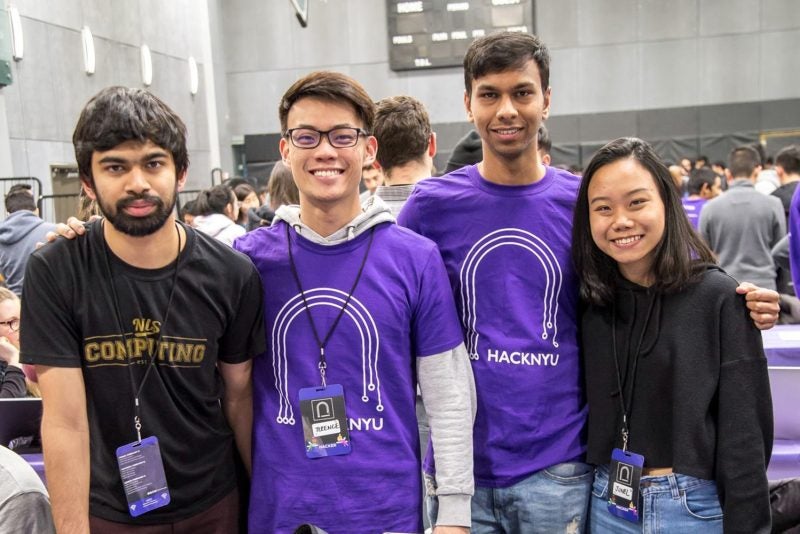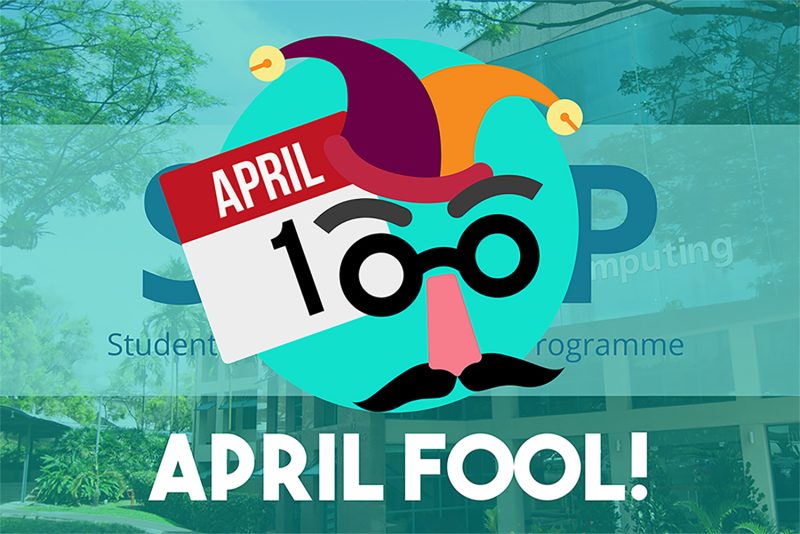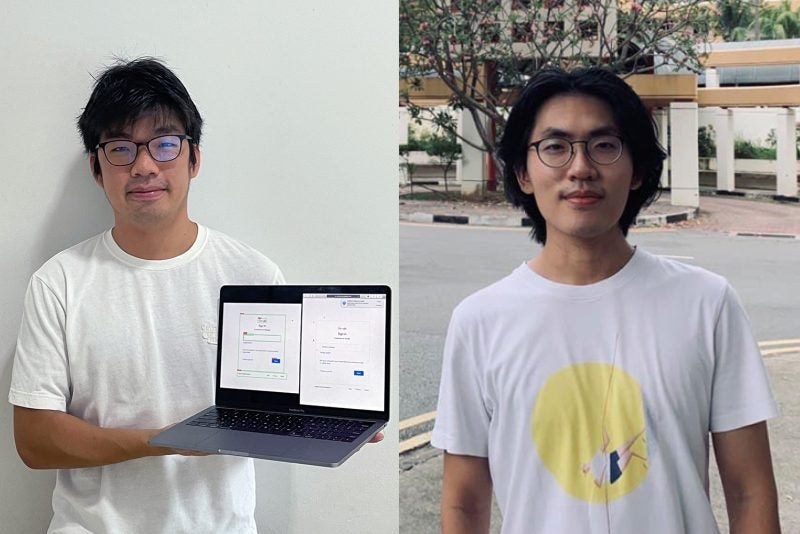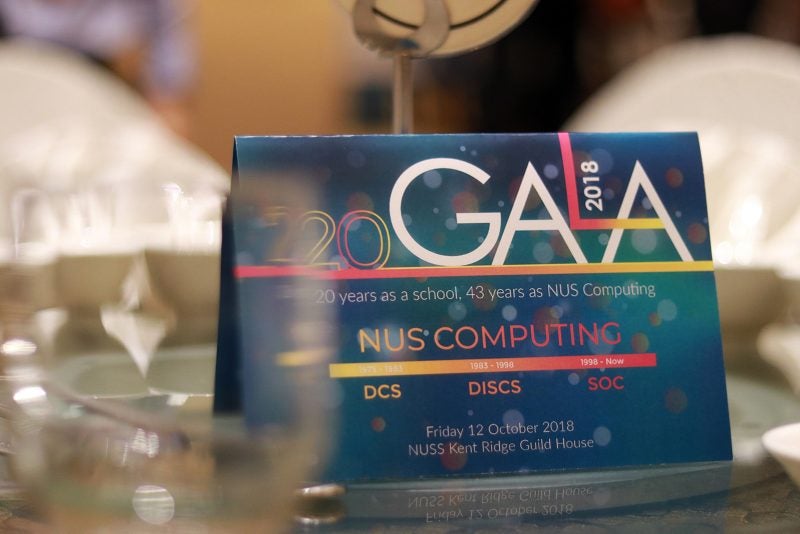10 May 2023 — The JTC Future of Mobility Challenge 2023 is a competition hosted by JTC with partnerships with ABB and Hyundai. Tertiary students from multidisciplinary backgrounds gather to compete in either one of two case challenges set by the organisers. Each team then presents their innovative idea to a panel of judges from Hyundai, JTC, and ABB department leads. The top two winners of each case challenge will walk away with $1,500 and $500 in cash respectively.
After two rounds of intense competition in a challenge statement set by Hyundai—to make universal mobility a reality for everyone—team Beep Beep emerged victorious. Members comprise Jai Lulla from Department of Computer Science, Gareth Wang from Department of Economics and Psychology, Annabelle Chan, Celine Chan, and Karin Chew from Division of Industrial Design (DID).
While disadvantaged groups, such as the elderly and people with disabilities, already face accessibility issues in their mobility, Singapore’s strategic direction to integrate Autonomous Vehicles (AVs) will only further exclude them if their needs are not considered. To tackle this, the team proposed integrating innovative Internet of Things (IoT) wearable products with physical infrastructure to provide intuitive, real-time wayfinding and ride hailing vehicle authentication for these demographics. These designs are underpinned by establishing ultra-widebands (UWBs) as the core network architecture that is scalable, energy efficient and readily implementable. Indirect stakeholders like shopping malls are also incentivised to implement UWB networks, as UWBs are malleable to various applications too, such as experiential retail.
This winning proposal was birthed from a prior collaboration in the ID3127 Transdisciplinary Innovation Project course where they worked on a similar scope to design an AV-ready pickup/dropoff point that is easily accessible for people with disabilities.
“We were fortunate that the design brief for ID3127 centred on accessible mobility, so we started this case competition with a considerable amount of understanding of some of these disadvantaged groups’ pain points,” remarked Jai Lulla.
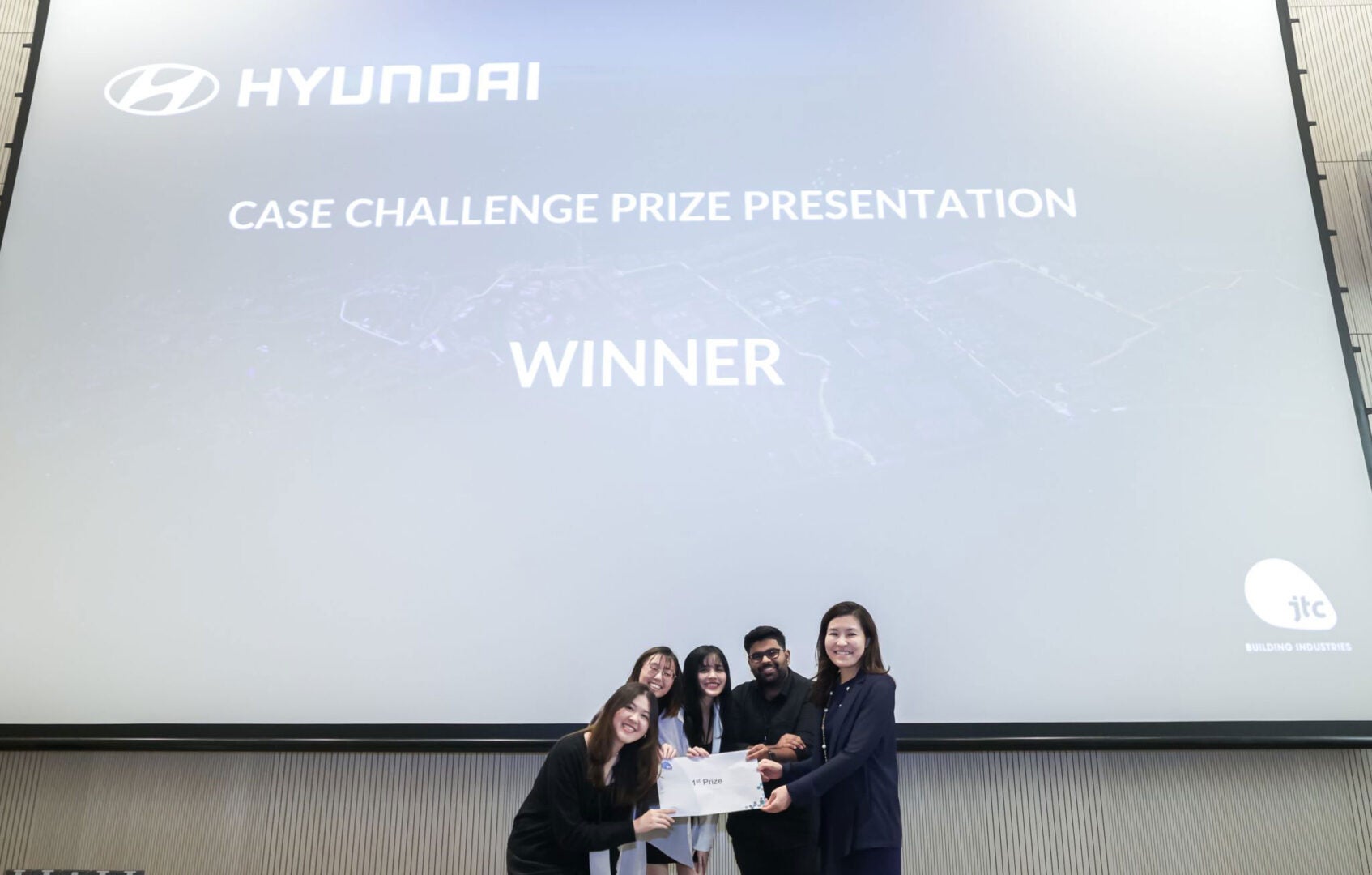
Edging out the competition while balancing other commitments and having to collaborate entirely online was no easy feat for the team either.
“Everyone was balancing their commitments, with one of our members even flying off to Canada for NOC just before the final pitch. We had to shift our dynamics to suit the nature of online meetings. Thankfully, we are quite comfortable with each other and were able to make these arrangements work for us,” he elaborated.
Besides overcoming communicative obstacles, the team was also satisfied with the win for being able to enrich the conversation on inclusive mobility in Singapore. Team member Gareth Wang reflected: “Winning this case competition was gratifying, as it gave us validation that there is a growing emphasis on inclusive mobility. It’s no longer a bottom-up approach, but rather an increasing focus on synergistic partnerships from a diverse range of stakeholders. The prospect of empowering disadvantaged communities strongly propelled our purpose throughout the process.”
The students walked away with a team cash prize of $1,500.

